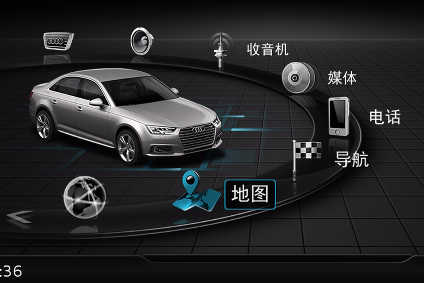
The dispute between Audi and its Chinese dealers continued to escalate in recent weeks with dozens of dealers now refusing to accept new stocks of imported models, according to local reports.
The row erupted last November after Audi announced plans for a new joint venture to produce and sell cars with the SAIC group. This is a rival group to its current joint venture partner, FAW Group, with which its current dealers are affiliated.

Discover B2B Marketing That Performs
Combine business intelligence and editorial excellence to reach engaged professionals across 36 leading media platforms.
Current dealers are concerned about access to future models from the new joint venture and that a new SAIC-affiliated dealer network may damage their long-term prospects.
Dealers accuse Audi of not doing enough to respond to rising competition within the country’s luxury segment with overseas rivals expanding aggressively in this market.
While Audi sold a record 589,000 cars in China last year, its poor performance since then is a growing concern.
In the first two months of 2017, Audi’s sales declined by 24% to 67,300 units, according to local reports, while rival Mercedes-Benz’s sales rose by over 40% to 95,000-plus units and BMW sales were up by close to 15% to 92,000 units.
Local analysts believe more of Audi’s 450 dealers may join the import sales boycott which, no doubt, will further undermine Audi’s decades-long dominance of the country’s luxury car segment.
China has been Audi’s largest single global market since 2010 which makes this more than just another local dispute.






